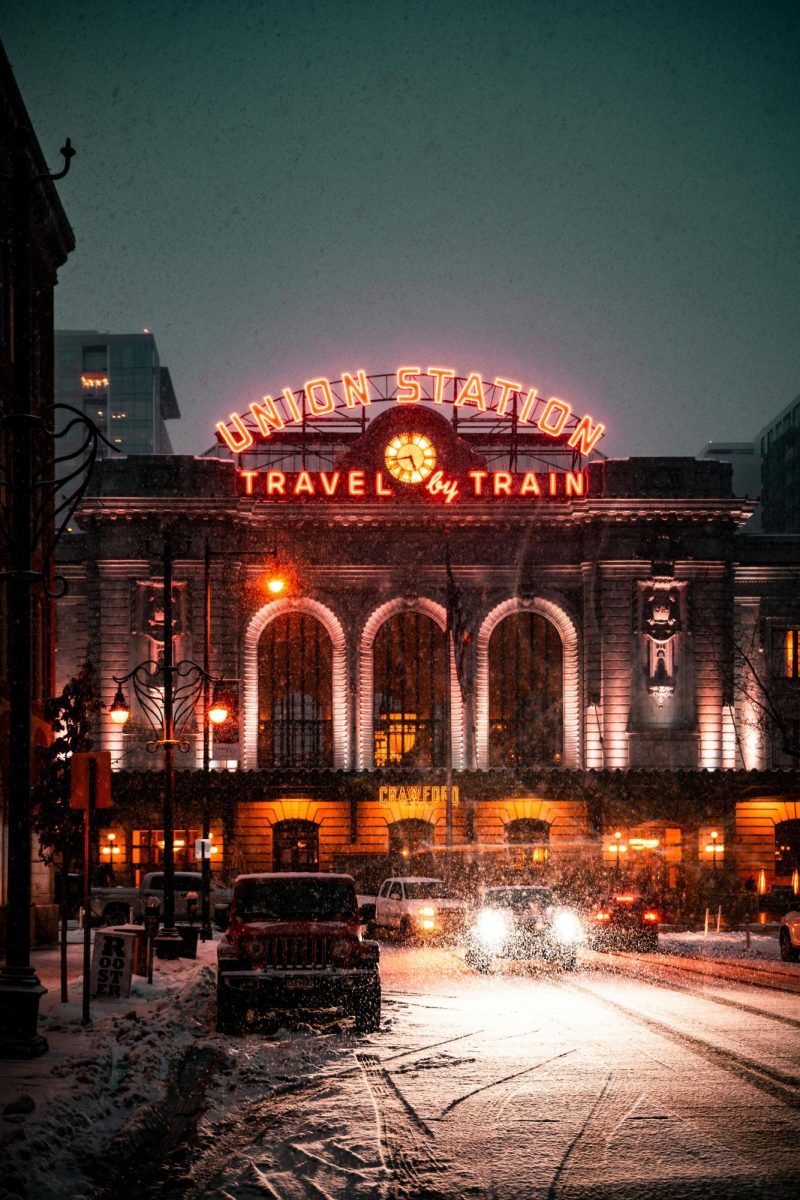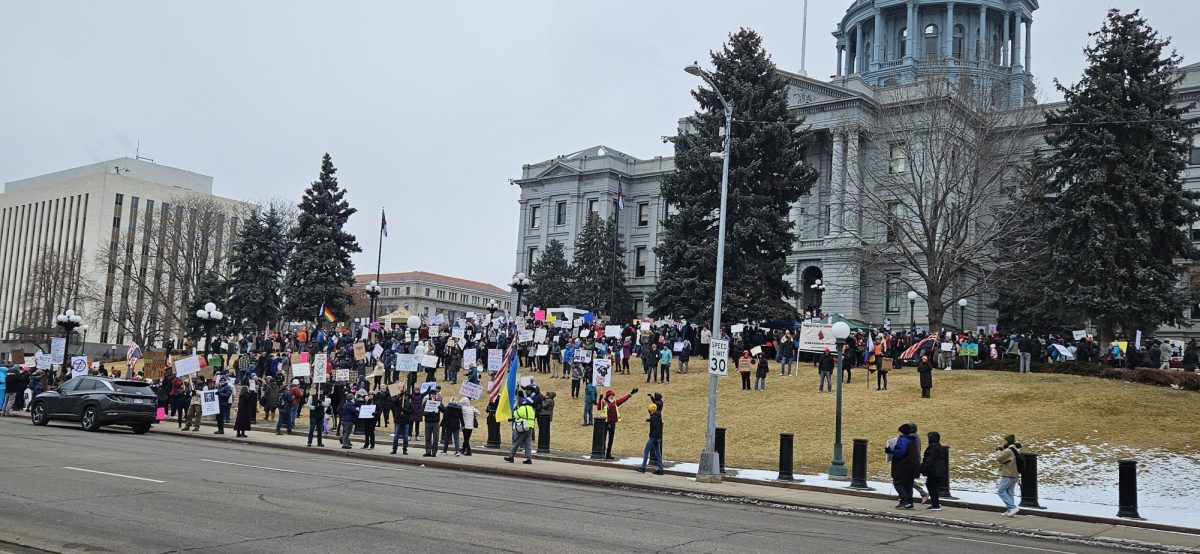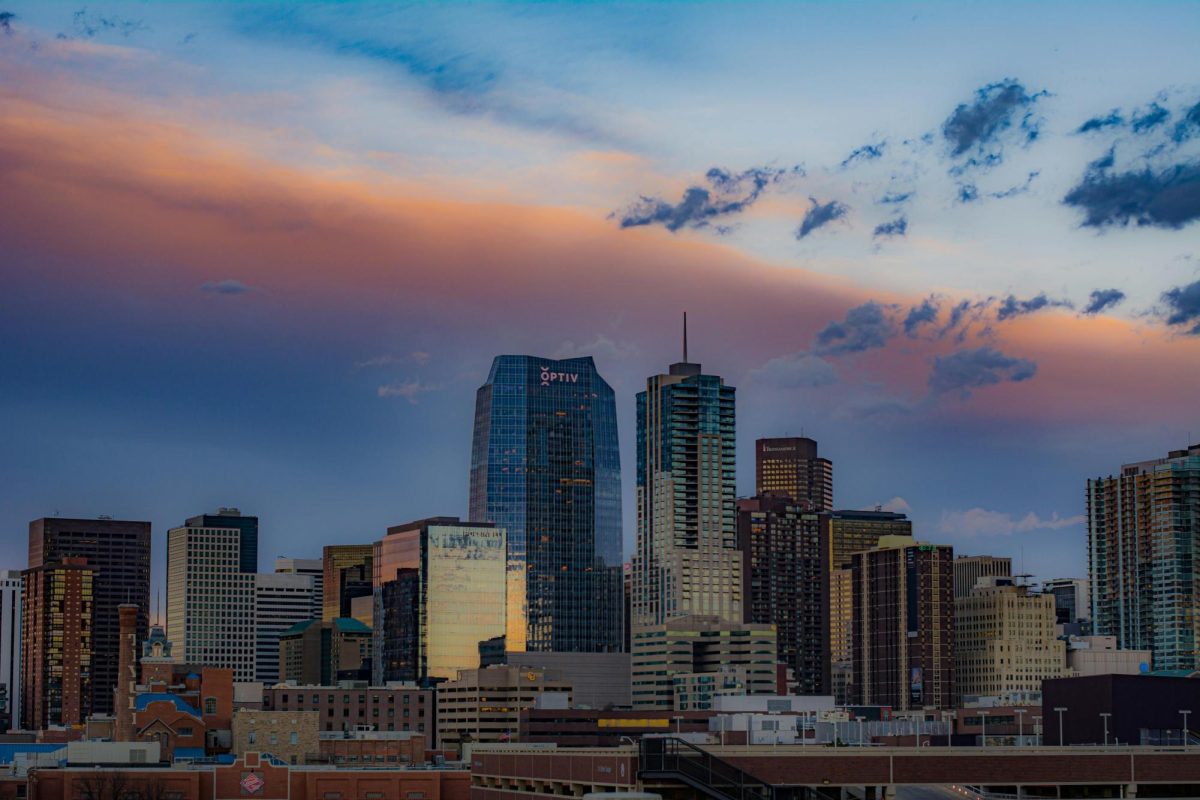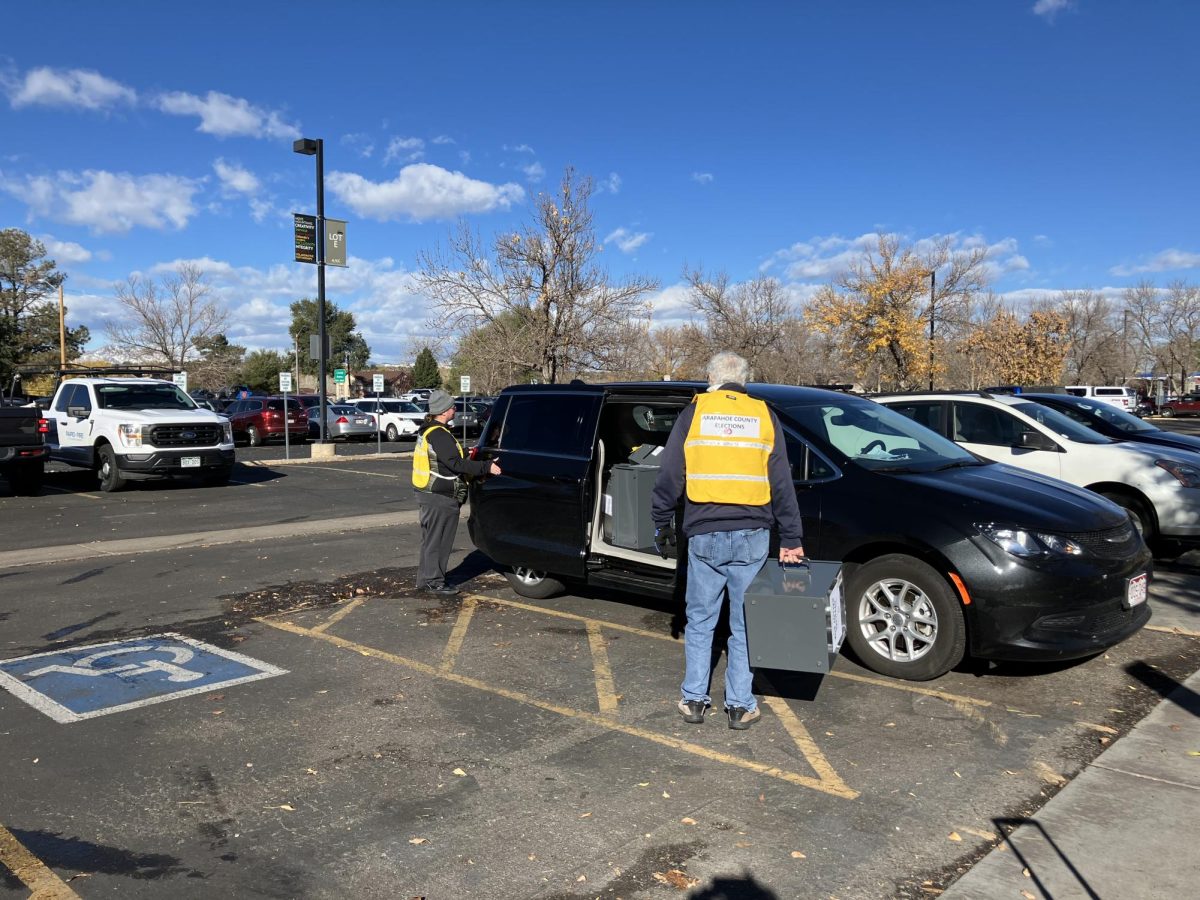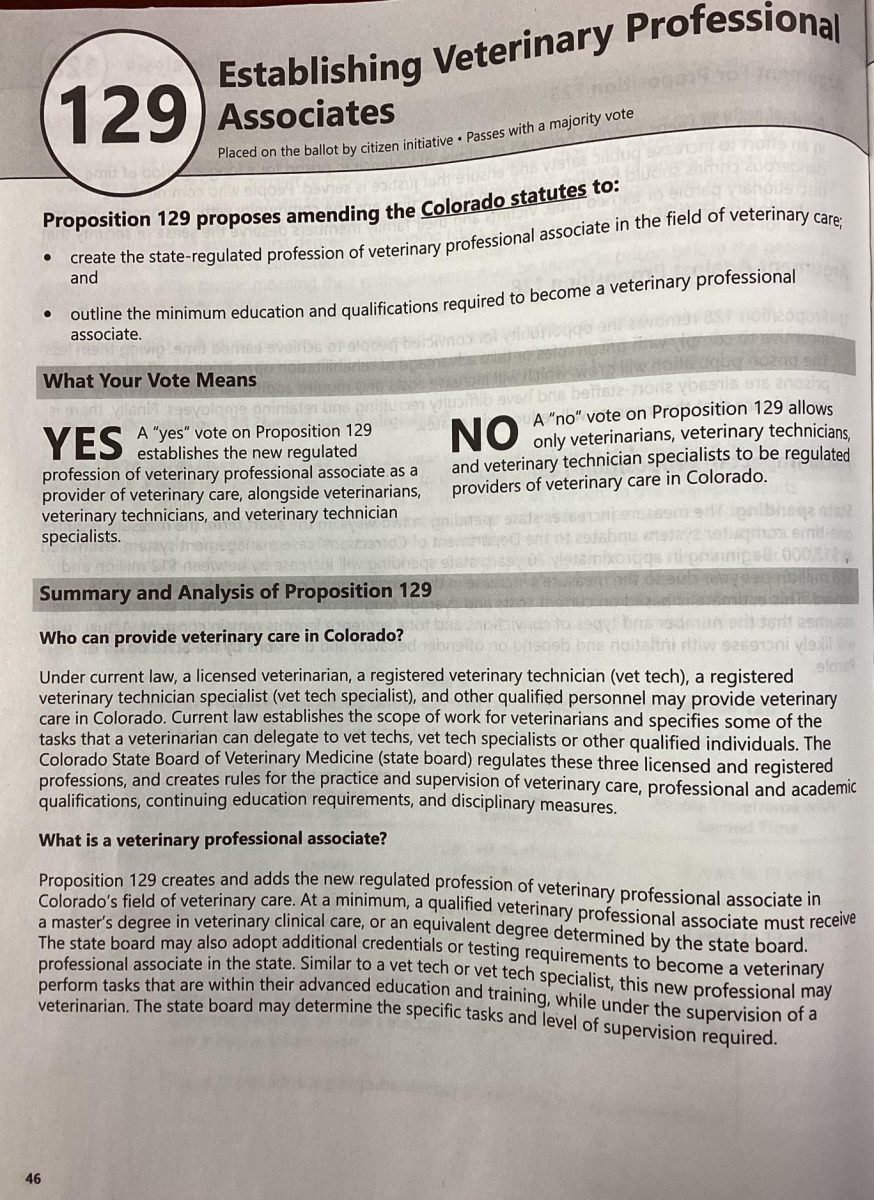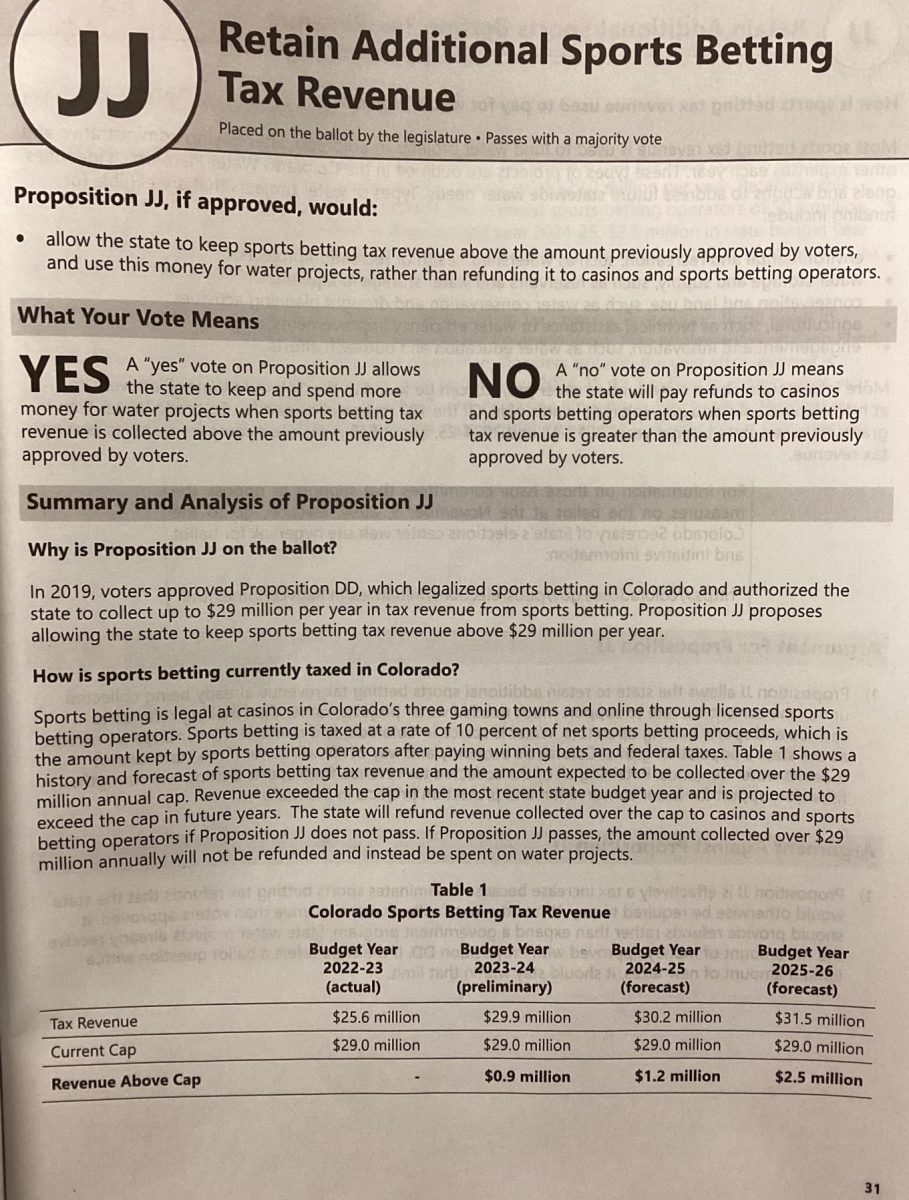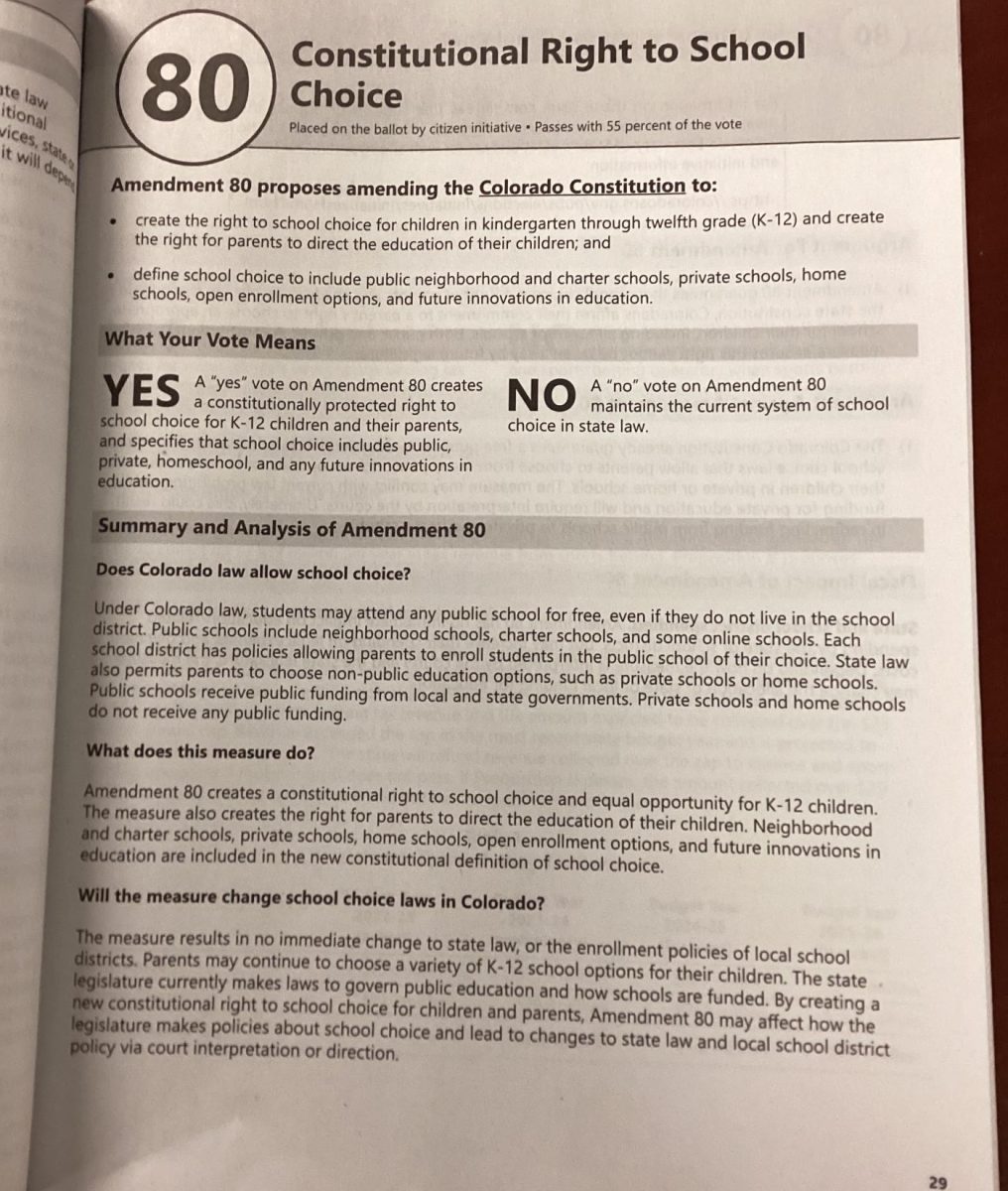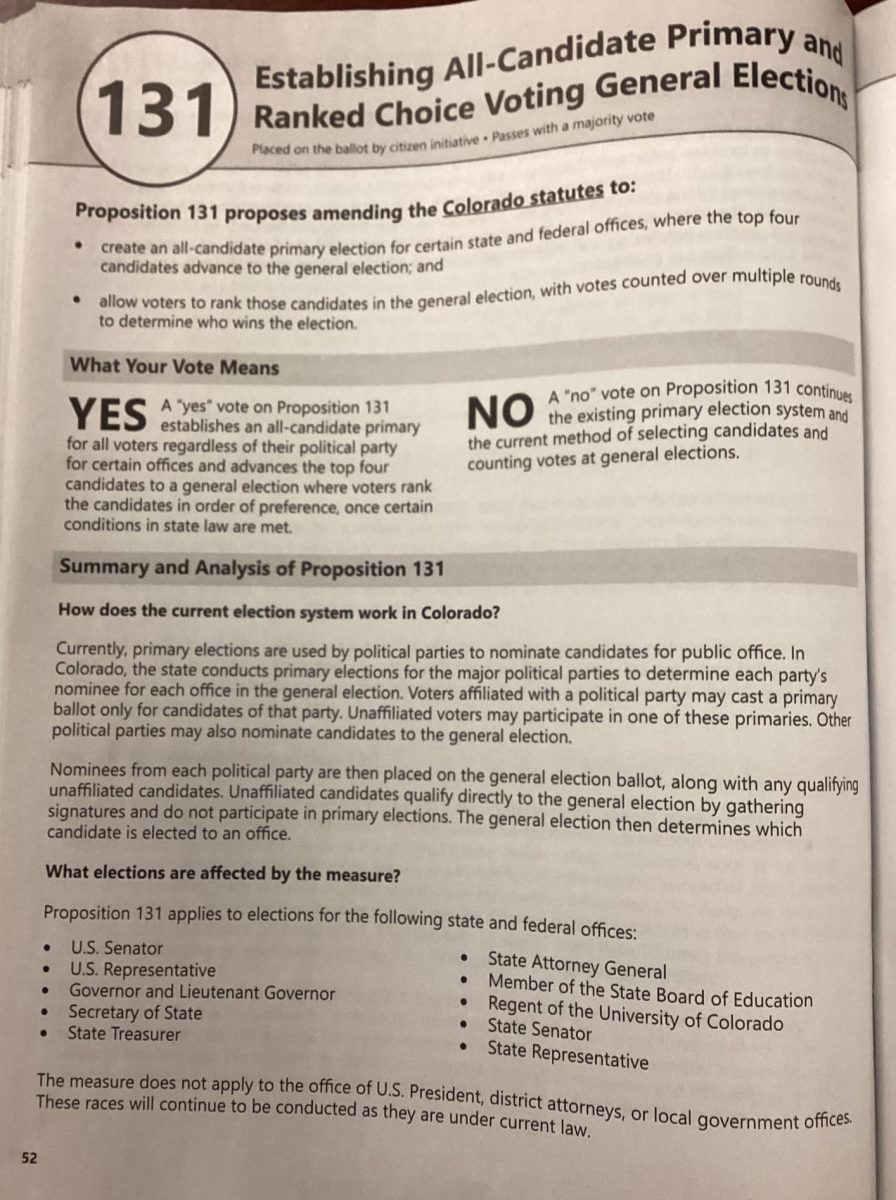Amid the historic snowstorm at the beginning of November, Colorado Governor Jared Polis has declared a disaster emergency. To assist those affected most by the storm, such as mountain towns and the Eastern plains, Polis made the decision to activate the Colorado National Guard. The Guard was instructed to bring needed goods, like food, water and blankets.
With November nearly over it’s a bit unusual, but not unexpected, for the Denver metro to experience its first snowstorm of the season, with more snow on its way possibly in the next week or two. Per the usual Colorado temperament, some areas of the metro got many more inches than others, with some mountain towns achieving more than 2 to 3 feet.
While not Denver’s largest snowfall on record, with 31 inches falling in 2003 and 45 inches falling in 1913, the biggest two on record to date, any large storm such as the one that Colorado experienced at the beginning of the month is bound to break records and upset the lives of Colorado citizens.
The office of Littleton Mayor Kyle Schlachter issued this statement in response to my email regarding the storm:
“While the City of Littleton did not experience any qualifying emergency damages during last week’s snow event, we appreciate the Governor’s preemptive activation of the Colorado State Emergency Operations Center and the State Emergency Operations Plan.”
They continued: “The City of Littleton coordinates closely with the Arapahoe County Office of Emergency Management on an ongoing basis and proactively maintains appropriate equipment and weather mitigation supplies, to ensure we are prepared for the variety and intensity of Colorado weather events.”
While the city of Littleton did accumulate just over a foot of snow, it was quickly melted by temperatures above freezing over the following weekend and the beginning of the week after. Littleton and its surrounding cities got lucky on this front as several mountain areas, such as Rocky Mountain National Park, are estimated to be stuck just above freezing or below for the foreseeable future, some areas even getting single digits and below zero temperatures overnight. Mountain towns will also be joining the Denver metro with the next round of snow arriving next week.
I asked The National Weather Station of Boulder how rare a storm of this magnitude is and they had this to say:
“In general, this was a significant storm for eastern Colorado, mainly from the south/east side of the Denver metro into the Palmer Divide and I-70 corridor to the east of Denver,” the weather service said over email.
While it’s not rare for the mountains and Eastern Plains to get more snow than the Denver metro itself it is a bit uncommon for Colorado to get so much substantial snow in such a short period of time.
“The main reason we saw such heavy totals out in the plains was simply from the duration of the snow,” the weather service said. “We saw a few distinct waves of heavy snow across a few days, and in places like Lincoln County there was nearly continuous snow for almost 4 days (the evening of the 5th through the morning of the 9th).”
As previously mentioned, Coloradans aren’t exactly new to heavy snow, but that doesn’t mean that it’s still not dangerous. If heavy snow accumulations are expected and you plan to leave the house always bring a blanket, a hat, gloves and snow boots in case your vehicle breaks down and you need emergency assistance. If you need snow-related roadside assistance, please dial 5-1-1.



